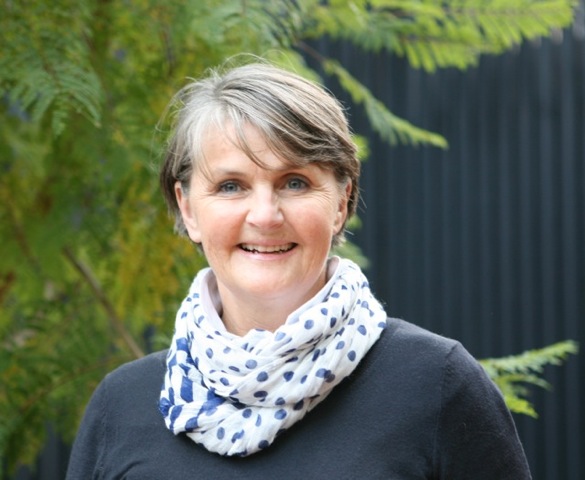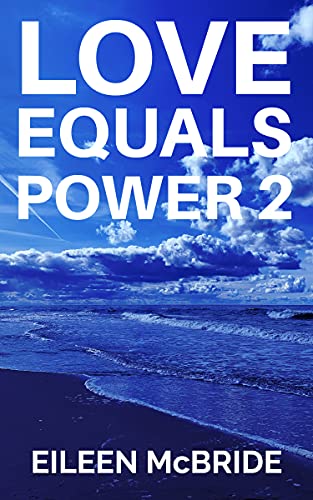Ok, I’m happy to admit I’m a bit of a techno-cretin. I only have a limited understanding of the most basic functions. I have absolutely no understanding of how it all works in the big picture. Like Facebook.
That’s how I ended up posting a personal conversation with my niece in London for all the world to see. I got a fair bit of feedback about it – the most I’ve had since I signed up, actually – clearly people were uncomfortable about the comment because I talked about paying for my niece’s fare to come visit us in Australia as my 18th birthday present to her.
This was evidently shocking for some people. One person even provided me with a mini-tutorial on how to make such interchanges private. My gut reaction to this was to feel very uncomfortable – it seemed I had transgressed a social more that brought some shame onto both myself and my niece.
But then I got to thinking about it. Why are we so afraid to talk about things that involve money? Why are we so afraid for the world to know our financial status – how much we earn, how much we have and how we use our money?
The mistake is that people see money as the final arbiter of worth, not just of things but also of people. So much of our energy, thought and action is directed towards acquiring money and then eking out as much value from it as possible. We become consumed with money, how to get it and then how to use it to makes us look good, to place us in the most desirable social position, even to wield power over others.
It’s not such a leap, therefore, before we start to grade people – including ourselves – based on how much money they *appear *to have (and I use this word deliberately – so often the people with the most money do not splash it about ). Of course, as with all things related to ego, there will never be enough money to make us feel that we have worth, that we are good enough. To hide this shameful fact we keep all things financial secret.
Secrecy is a high energy business. After working hard to accumulate as much money as we believe possible we then have to work even harder to conceal our true state of affairs, hoping that everyone will assume we have more than we actually do.
But this secrecy is the scourge of all happiness and peace. Our secrets take all our attention from discovering who we really are. We mistake money for being symbolic of worth, when it is in fact symbolic of the wonderful compassion of the Universe that ensures that we have everything we need at any point in time.
We know this because if we stop right now and think about this present moment, we know we have everything we need for today. The only reason we cannot accept this is because we are focussed on the wrong things. Our fear is rooted not in worries about today, but about tomorrow.
We are fearful of the future. We are afraid of not being good enough, of being forgotten, diminished or shamed by others because, in truth, that’s how we feel about and treat ourselves. And, as with all fear, enough is never enough. We always want more. We can never be satisfied with what is because we don’t understand that money is not the anti-dote to our self-hatred and fear.
It’s interesting that as I wrote this article Sarah Ferguson, the Duchess of York, was on the Oprah show in response to her being caught just last week in a sting operation, offering access to her ex-husband for serious amounts of money. Sarah acknowledged that at the bottom of all her troubles was her own self-hatred.
As Dr Phil says, money problems cannot be solved by money. That’s because our problems are not created by a lack of money. They are created by our misconception that money represents our worth.
So when we are feeling bad about ourselves and need to make ourselves feel better we spend money in the craziest ways. We buy things we do not need, which would explain why the self-storage business is one of the biggest growth industries. We buy the products and substances – food, alcohol, drugs, cigarettes – and indulge in behaviours like shopping, (bought) sex, or gambling, all to numb our pain. We buy high-end expensive items that bring no real joy or gratification and when the initial buzz of the acquisition or purchase fades, we go out and buy more, and more expensive.
The old saying that love is the root of all evil is a misquotation of Biblical wisdom. The root of all so-called ‘evil’ is the love of money. We ‘love’ money when we think it defines us and our worth. Ironically we love money when we don’t love ourselves.
When we discover our true nature, our essence as the sparks of the Divine that we are, and that we are in fact all One, we will have no secrets – financial or otherwise.

